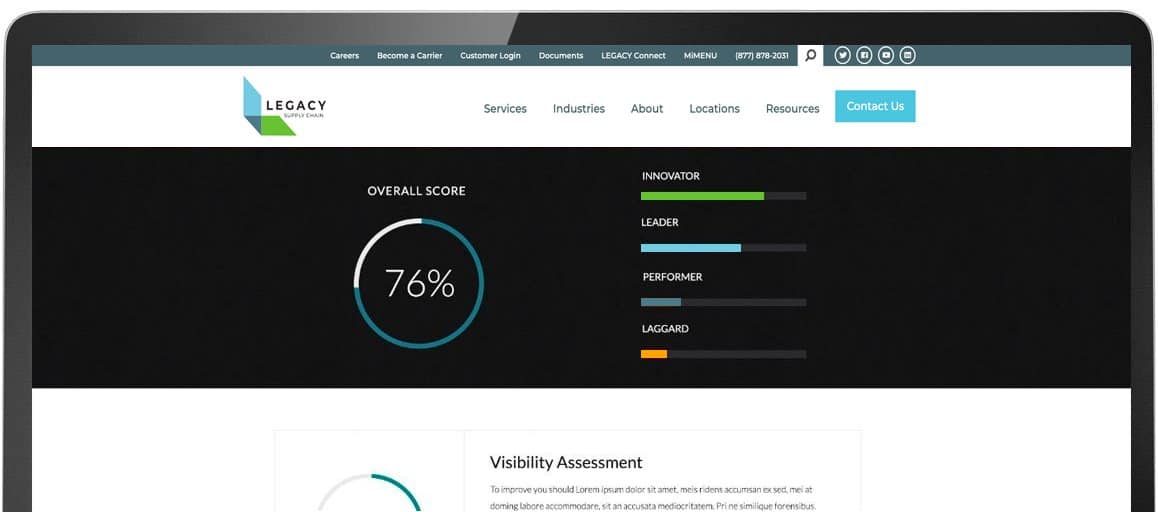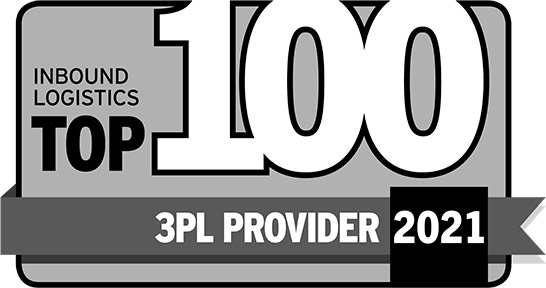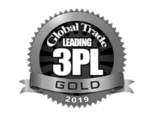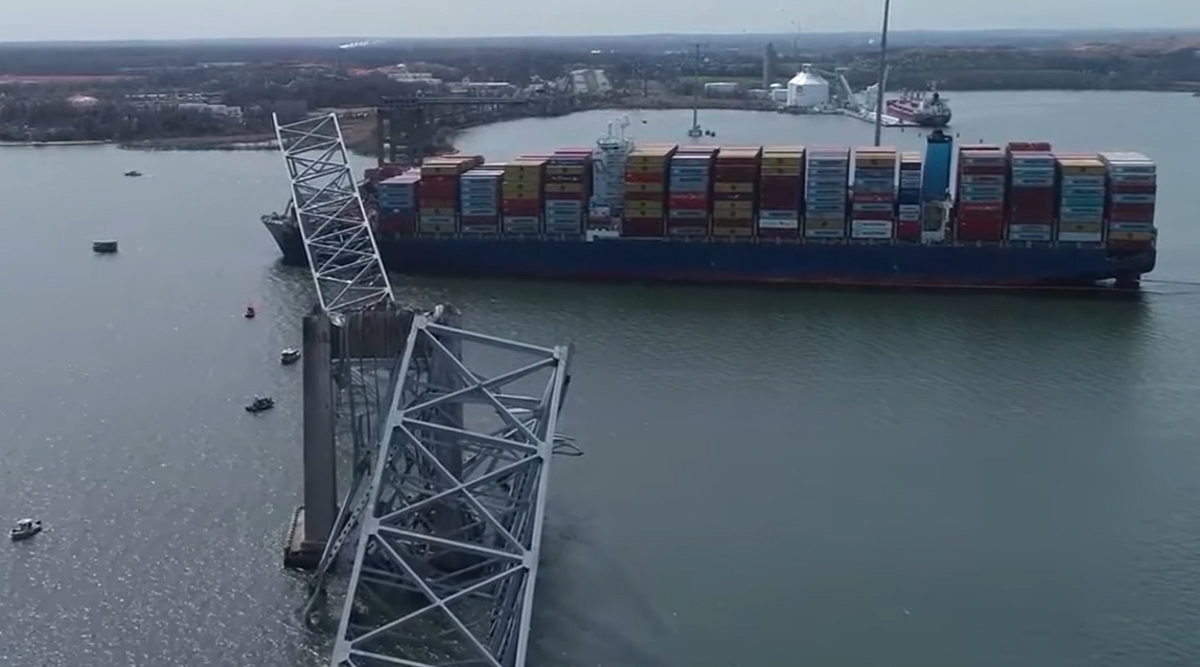Warehouse Management Outsourcing: When Should You Consider a 3PL?

Warehouse Management Outsourcing Alleviates Pain Points, Creates Efficiencies
Warehouse Management Outsourcing — Why, When, and How?
Warehouse managers today are expected to constantly increase efficiency and productivity, while also driving down costs. Outsourcing warehouse management to a 3PL brings with it many benefits, including implementing warehouse management best practices to your warehouse and increasing revenue.
These Warehouse Management Best Practices include:
- Culture of Leadership — LEGACY is a firm believer that all changes and policies must start with the leadership. Before you invest in a change or new process, make sure your leadership team is on board for successful implementation.
- Honest assessment — In a culture of continual improvement, a successful warehouse should be continually assessing. From taking inventory, segmenting, identifying to executing and analyzing changes, warehouse management improvement must start with honest and frequent assessment.
- True follow-through — Hiring a consultant to recommend ways to increase efficiencies will do your warehouse no good if you aren’t following through with actual, top-down, values-driven implementation. You can learn more about this in our white paper, Company Culture Counts.
In addition to these best practices, Warehouse Management Outsourcing also creates a mixture of benefits related to efficiencies and dependability. These benefits include:
- Flexibility — Due to holiday and seasonal influxes, warehousing capacity and shipping capacity can be a struggle to maintain. Many supply chain companies use 3PLs as a flexible option for additional capacity without a significant investment, providing flexibility without a long-term commitment.
- Expertise — While you may be an expert in various areas, a professional team that specializes in supply chain engineering across many sectors can provide the streamlined advice and valuable efficiencies that it may be difficult to assess from the inside, or challenging to find the time to do while running everyday operations.
- Tier 1 Technology — Capital allocation for Tier 1 Technology can take a long time to accrue and/or approve, especially if the capital is needed for product or facilities. A 3PL with Tier 1 WMS Technology can allow access to appropriate tech capabilities without that capital investment.
- Risk Mitigation — The ripple effects of supply chain risks are global. Problems that used to be isolated and manageable can now lead to global supply chain disruptions and lasting brand damage. In addition to transportation disruptions, a supply chain manager must also handle internal operational risks and functional support risks (HR, IT, legal, etc.). A global supply chain 3PL will allow you the tools to mitigate these risks.
Before attempting to understand how these benefits and best practices can enhance a company’s supply chain operation, it’s important to comprehend some of the more common reasons why a company would outsource to a 3PL in the first place. These triggering events, although varied depending upon your industry, often times serve as a catalyst towards outsourcing. They include:
- Expedited Growth — When experiencing rapid growth, it may be a struggle to keep up service levels and accuracy. An influx of new customers or an increase in volume can pose a unique challenge. Partnering with a 3PL that comes with built-in capacity can be a great solution, even if it’s only short-term while you grow your own capabilities.
- Downsizing — Similarly to rapid growth, a need to downsize can also cause a supply chain manager to reach out to a 3PL. Outsourcing during downsizing can ensure that your customers don’t experience service disruption during this time.
- Outdated processes/Need a technology leap — It can seem like a very prohibitive process to implement new and current technology if your current warehouse management system seems to be good enough for just one more year. But this lack of technology can be breaking your bottom line, and a 3PL equipped with a robust WMS can streamline your order fulfillment system and increase revenue.
But not everyone is immediately sold on outsourcing to a 3PL. Relying on a third party to handle various elements of a supply chain operation does take convincing for some. Some of the most common push back we see includes:
- Loss of control —There’s this notion that once you’ve handed over the keys to your supply chain — whether it be a warehouse facility, transportation lane or the entire thing altogether —that you’ve somehow lost control. This couldn’t be further from the truth. A company that outsources to a 3PL still has an inherent responsibility to understand every element of its supply chain. There still needs to be a level of accountability within a company that can be achieved by maintaining some semblance of in-house expertise.
- Unfamiliarity with the idea of outsourcing — Some of the biggest retail companies in the world use outsourcing. This is not because they necessarily need to; rather they recognize the value in doing so. One of these companies’ core competencies, in addition to being retail juggernauts, is outsourcing. They recognize that outsourcing require a true partnership approach — one that features two-way communication, transparency and mutual interests and investment of both parties.
- Apprehension with change / new partner — The process of handing the keys to your company’s supply chain to a 3PL can be hard to swallow, both in terms of trust and the actual experience of change. One common deterrent companies experience is the cost it takes to make the switch. Oftentimes this leads clients to stay with providers out of convenience. But not all change is bad. Finding a 3PL with a common company culture can help in the transition process; as will defining key performance indicators so as to ensure certain benchmarks are met.
The key to a successful outsourcing relationship is understanding the metrics. Because, at the end of the day, metrics don’t lie. At LEGACY, we’re all about these metrics: operational, tactical and strategic. This trio of measurements allows us to not only bolster our own performance, but also enhance our client’s business practices and ROI. This strategy of understanding the metrics will as a result help lay the foundation for future success.
For more information on outsourcing, read our recent blog post on the evolution of 3PL, or download our whitepaper, Outsourcing Without Fear.
Get Insights. Stay Ahead.
Get the latest news and insights via email on warehouse improvement, transportation optimization, labor strikes and international shipping rate changes.Popular Posts
Search Posts
-
2024 Q1 Freight Landscape: Trends, Challenges, and Predictions
As the first quarter of 2024 comes to an end, here are some observations over the past few months as well as predictions about the trucking...
+ Read more -
Baltimore Bridge Impact Assessment – Update
Following the recent Baltimore Bridge collapse and subsequent port closures, we want to keep our customers informed about the situation and...
+ Read more -
Global Momentum Builds for Charge on Global Shipping Sector’s CO2 Emissions
A growing coalition of 47 countries, including key players like the European Union, Canada, Japan, and various Pacific Island nations, is...
+ Read more










